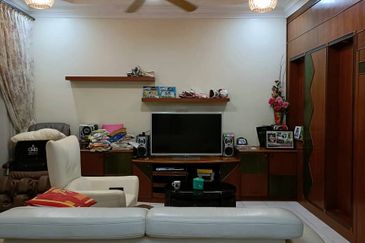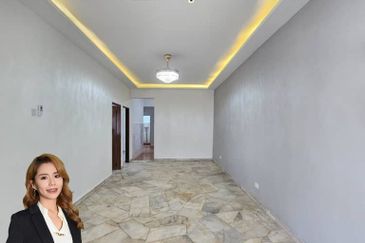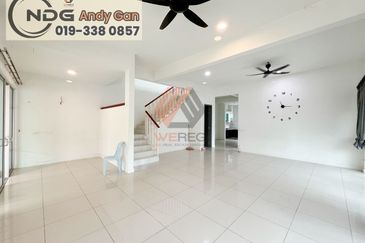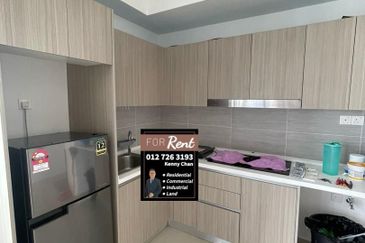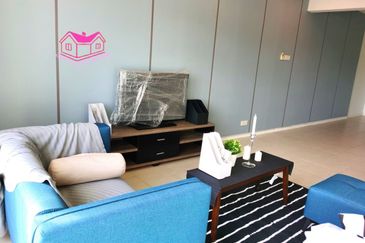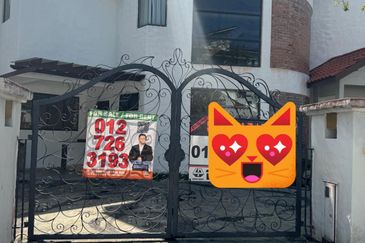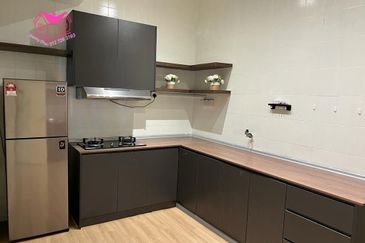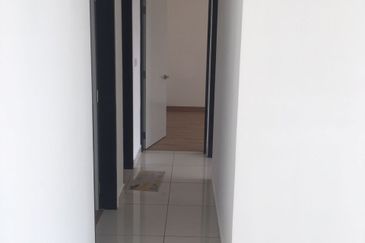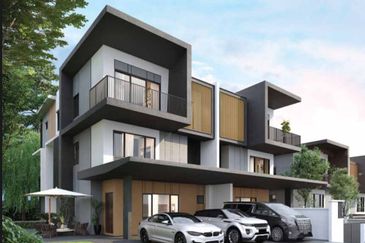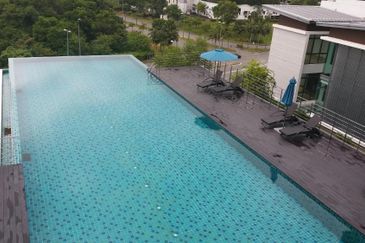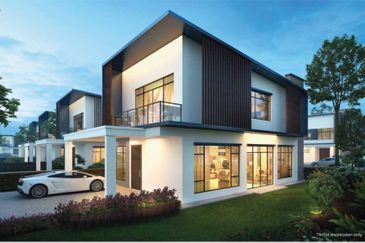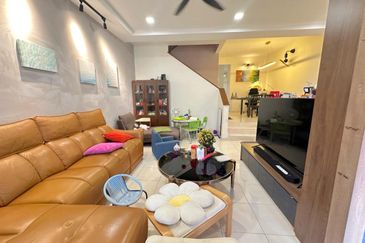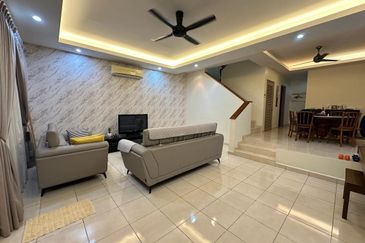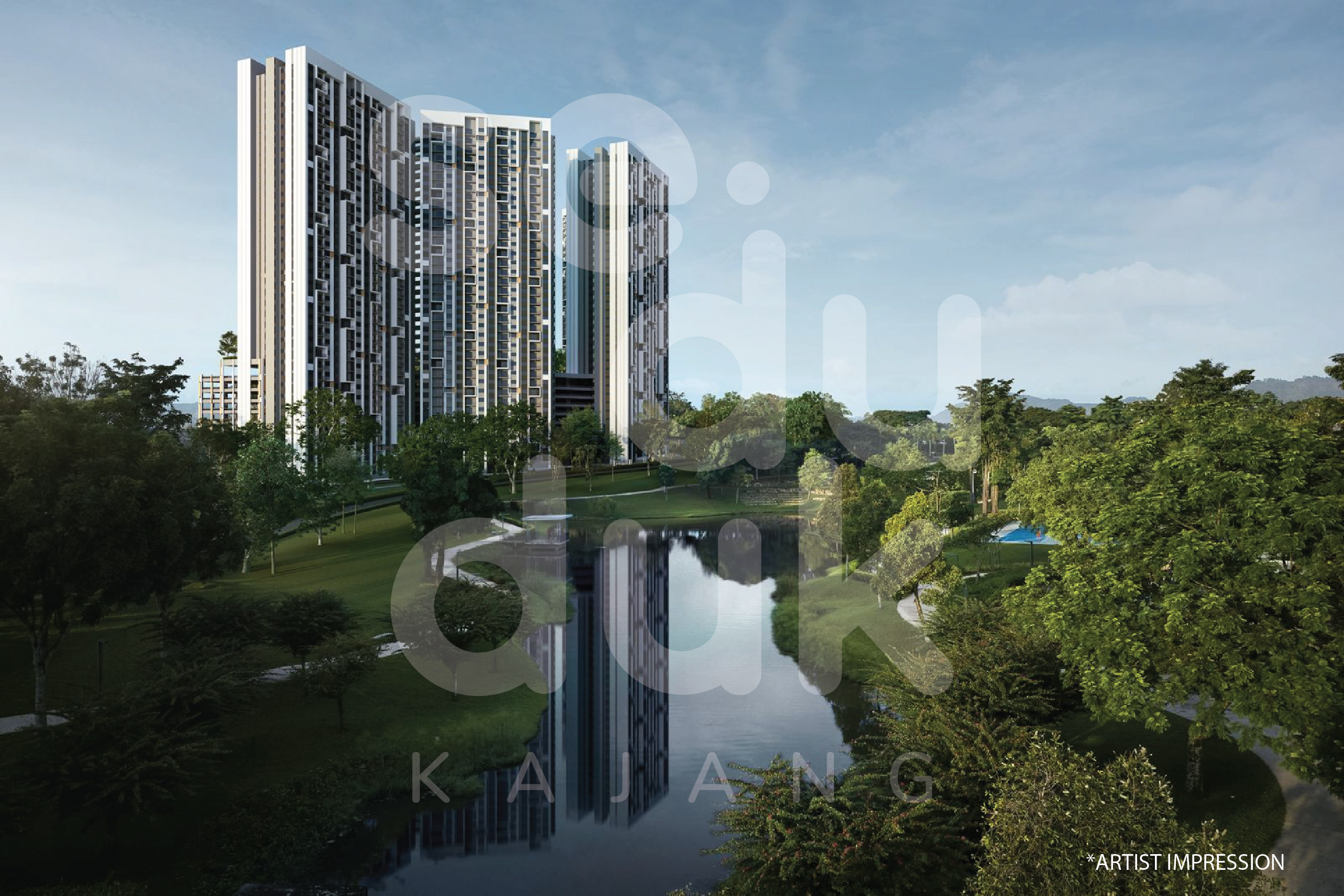HONG KONG: Removing property purchases as a qualification for becoming an investment migrant would damage Hong Kong's free-market image while having little effect on soaring property prices, officials say.
However, they may consider raising the threshold for such purchases.
As Chief Executive Donald Tsang Yam-kuen prepares to deliver his sixth policy address on Wednesday, Oct 13, the red-hot property market is expected to top his agenda.
An official familiar with the matter said the government was disinclined to exclude purchase of property in Hong Kong as an eligibility criterion for acquiring the right to live in the city. "Hong Kong is a free economy. It is technically difficult to impose restrictions on outside investors buying flats in Hong Kong," the official said. "It's not easy to implement the restriction, let alone that it would contravene the free-market principle."
Calls to remove property from the eligibility criteria have been raised among critics such as the Civic Party amid a heated public debate on whether curbs should be placed on outside investors generally.
Investors from the mainland are seen to be driving up asset prices, especially property, raising fears about market bubbles.
Launched in October 2003, the Capital Investment Entrant Scheme gives foreign investors who put up at least HK$6.5 million (RM2.58 million) for investment the right to live in Hong Kong. Investment can be in property, equities, bonds or other financial assets. This is little more than the price of a 400-square-foot flat in the recently launched Queen's Cube in Wan Chai and barely two-thirds of a 578-square-foot unit. The scheme was introduced when Hong Kong's property market was bottoming out from a slump. In 2003, the exchange rate between the Hong Kong dollar and the yuan was 1 to 1.06. Now it is 1 to 0.86 — a 20% rise in the yuan.
Another government official said the chief executive was unlikely to unveil drastic measures to curb property prices, but may initiate public discussion on whether there was a need for reclamation outside Victoria Harbour to increase supply of land for residential development.
In a written reply to lawmaker Lam Tai-fai in May, the Security Bureau said the average value of property purchased by most applicants who invested in residential properties was around HK$10 million.
Secretary for Security Ambrose Lee Siu-kwong told Legco in March that investments made under the scheme only represented about 1% of the property market's total transaction value and should not have a significant effect on prices.
The government's refusal to exclude property investment from qualifying migrants to live in Hong Kong is expected to add fuel to criticisms of the government's handling of soaring property prices. Nevertheless, the administration is considering raising the minimum investment in property under the scheme. The Security Bureau, which oversees immigration, promised a review of the investment threshold in April.
Research conducted by Centaline Property Agency shows more than a third of new luxury flats sold in the first half were bought by mainlanders — up from about a fifth last year.
Curbs have been proposed such as raising the investment threshold for immigrants and allowing only Hong Kong permanent residents to buy small and medium-sized flats.
Democratic Alliance for the Betterment and Progress of Hong Kong lawmaker Chan Kam-lam said the party proposed raising the threshold for property purchases to HK$13 million after internal discussion. "The threshold does not target all investment categories but only property purchases as we want to reduce speculation on cheaper flats," he said.
Wong Kwok-hing, lawmaker of the Hong Kong Federation of Trade Unions who chairs the Legco housing panel, agreed that the investment threshold for property purchases should be raised.
He said investments by immigrants should create job opportunities and benefit industrial and commercial developments. Similar proposals were also raised by the Democratic Party.
While no parties want an outright ban on overseas investors buying local properties, the Civic Party's Alan Leong Kah-kit said banning outsiders from buying flats priced HK$2,000 to HK$4,000 per square foot could be considered. — South China Morning Post
However, they may consider raising the threshold for such purchases.
As Chief Executive Donald Tsang Yam-kuen prepares to deliver his sixth policy address on Wednesday, Oct 13, the red-hot property market is expected to top his agenda.
An official familiar with the matter said the government was disinclined to exclude purchase of property in Hong Kong as an eligibility criterion for acquiring the right to live in the city. "Hong Kong is a free economy. It is technically difficult to impose restrictions on outside investors buying flats in Hong Kong," the official said. "It's not easy to implement the restriction, let alone that it would contravene the free-market principle."
Calls to remove property from the eligibility criteria have been raised among critics such as the Civic Party amid a heated public debate on whether curbs should be placed on outside investors generally.
Investors from the mainland are seen to be driving up asset prices, especially property, raising fears about market bubbles.
Launched in October 2003, the Capital Investment Entrant Scheme gives foreign investors who put up at least HK$6.5 million (RM2.58 million) for investment the right to live in Hong Kong. Investment can be in property, equities, bonds or other financial assets. This is little more than the price of a 400-square-foot flat in the recently launched Queen's Cube in Wan Chai and barely two-thirds of a 578-square-foot unit. The scheme was introduced when Hong Kong's property market was bottoming out from a slump. In 2003, the exchange rate between the Hong Kong dollar and the yuan was 1 to 1.06. Now it is 1 to 0.86 — a 20% rise in the yuan.
Another government official said the chief executive was unlikely to unveil drastic measures to curb property prices, but may initiate public discussion on whether there was a need for reclamation outside Victoria Harbour to increase supply of land for residential development.
In a written reply to lawmaker Lam Tai-fai in May, the Security Bureau said the average value of property purchased by most applicants who invested in residential properties was around HK$10 million.
Secretary for Security Ambrose Lee Siu-kwong told Legco in March that investments made under the scheme only represented about 1% of the property market's total transaction value and should not have a significant effect on prices.
The government's refusal to exclude property investment from qualifying migrants to live in Hong Kong is expected to add fuel to criticisms of the government's handling of soaring property prices. Nevertheless, the administration is considering raising the minimum investment in property under the scheme. The Security Bureau, which oversees immigration, promised a review of the investment threshold in April.
Research conducted by Centaline Property Agency shows more than a third of new luxury flats sold in the first half were bought by mainlanders — up from about a fifth last year.
Curbs have been proposed such as raising the investment threshold for immigrants and allowing only Hong Kong permanent residents to buy small and medium-sized flats.
Democratic Alliance for the Betterment and Progress of Hong Kong lawmaker Chan Kam-lam said the party proposed raising the threshold for property purchases to HK$13 million after internal discussion. "The threshold does not target all investment categories but only property purchases as we want to reduce speculation on cheaper flats," he said.
Wong Kwok-hing, lawmaker of the Hong Kong Federation of Trade Unions who chairs the Legco housing panel, agreed that the investment threshold for property purchases should be raised.
He said investments by immigrants should create job opportunities and benefit industrial and commercial developments. Similar proposals were also raised by the Democratic Party.
While no parties want an outright ban on overseas investors buying local properties, the Civic Party's Alan Leong Kah-kit said banning outsiders from buying flats priced HK$2,000 to HK$4,000 per square foot could be considered. — South China Morning Post
SHARE
TOP PICKS BY EDGEPROP
RENT
FEATURED
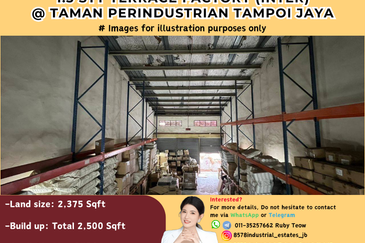
Taman Perindustrian Tampoi Jaya
Johor Bahru, Johor
RM 3,600
- beds |
- bath |
2500 sqft
SALE
FEATURED
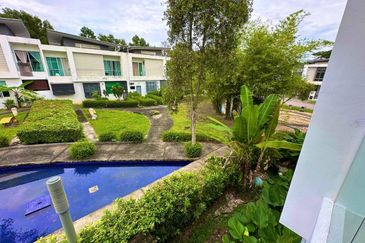
Trillium, Perdana Lakeview East
Cyberjaya, Selangor
RM 1,350,000
5 beds |
6 bath |
3645 sqft
RENT
FEATURED
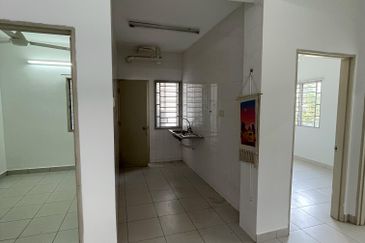
Pangsapuri Akasia, Bandar Botanic
Bandar Botanic/Bandar Bukit Tinggi, Selangor
RM 1,150
3 beds |
2 bath |
750 sqft
SALE
FEATURED
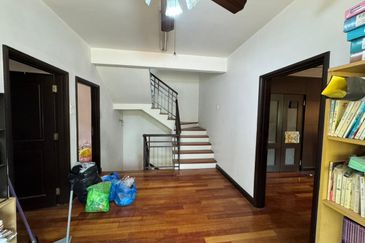
Bandar Bukit Tinggi
Bandar Botanic/Bandar Bukit Tinggi, Selangor
RM 1,300,000
7 beds |
3 bath |
1540 sqft
SALE
FEATURED
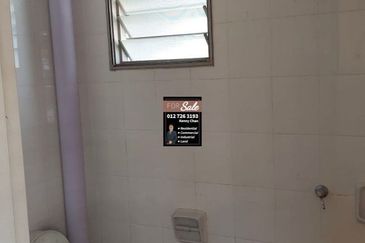
Pangsapuri Akasia, Bandar Botanic
Bandar Botanic/Bandar Bukit Tinggi, Selangor
RM 360,000
3 beds |
2 bath |
750 sqft
SALE
FEATURED
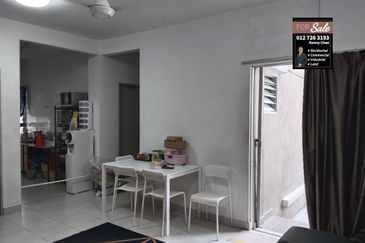
Pangsapuri Akasia, Bandar Botanic
Bandar Botanic/Bandar Bukit Tinggi, Selangor
RM 370,000
3 beds |
2 bath |
750 sqft
SALE
FEATURED
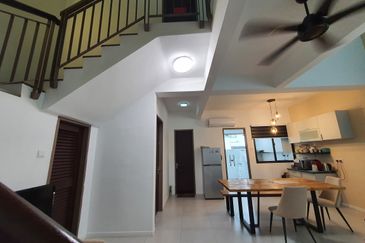
Sutera Heights, Taman Juara Jaya
Cheras, Selangor
RM 1,230,000
5 beds |
5 bath |
3047 sqft

